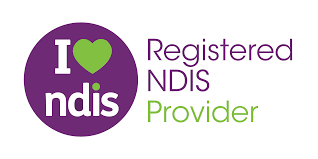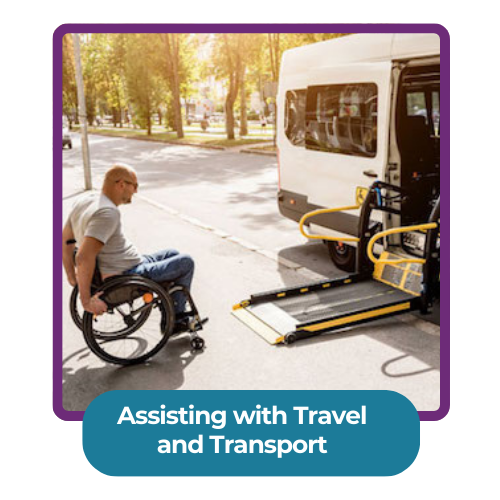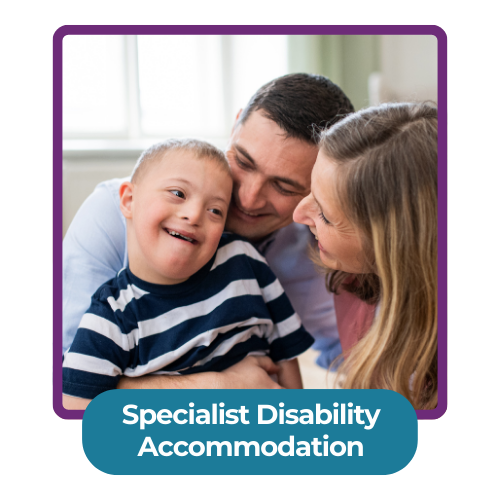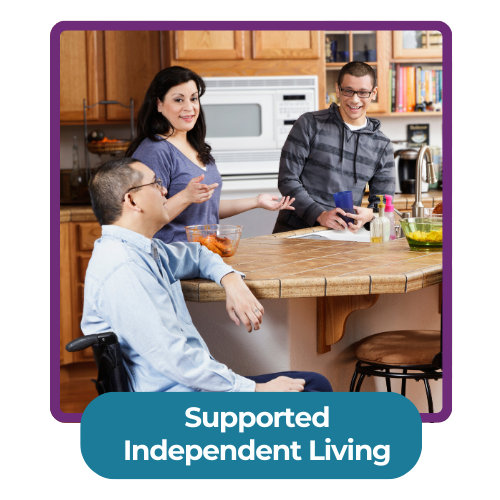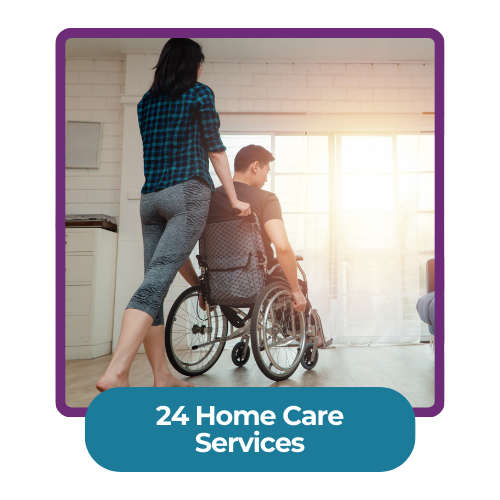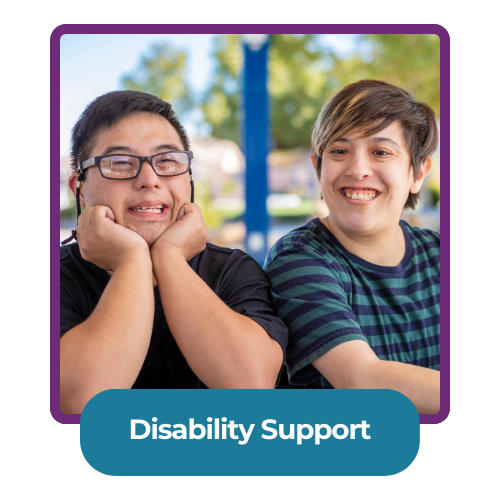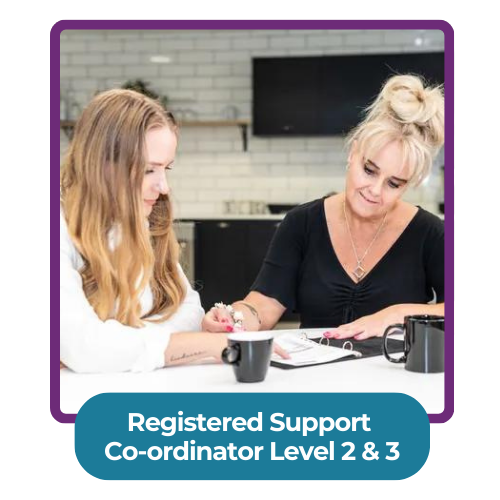If you are an NDIS participant seeking disability support services anywhere in Australia,
AB Nurses Support Services are here to assist you in living independently with personalised care. Whether you require help with daily household tasks, nursing care, transportation for medical appointments, or wish to enhance your community participation, AB Nurses can provide comprehensive support tailored to your needs.
Registered NDIS Provider Australia
AB Nurses is a registered NDIS service provider in Australia aiming to add convenience to the lives of participants and enrich them by providing comprehensive care. We boast experienced support staff who work with participants and develop tailored plans to help achieve goals. They foster well-being and promote social inclusion, and for this reason, they are highly sought-after in the city. So, if you are looking for registered staff who can understand your needs and fulfil them accordingly, here we are, ready to serve you.
As an
NDIS provider in Australia, our goal is the betterment of participants. So, no matter the disabilities that you are facing, rest assured that we will help you accomplish your objectives. With our support, you will be able to achieve independence and live a fulfilling life. On top of that, our staff will ensure that you receive the best care from us and take full advantage of your funding.
Empowering Lives, Enriching Communities.
About AB Nurses Support Services
AB Nurses Support Services, your trusted partner in Australia for comprehensive disability support solutions and nurse staffing services.
At AB Nurses, we're dedicated to providing a wide range of services tailored to meet the diverse needs of our clients. Whether you're seeking assistance with NDIS support, disability services, SIL housing, or nurse staffing, we've got you covered.
Our NDIS support services are designed to empower individuals with disabilities to live life to the fullest.
From personal care and assistance with daily activities to coordination of supports, we're committed to helping you achieve your goals and enhance your quality of life.
For those in need of disability support services, AB Nurses offers compassionate and professional assistance. Our team is trained to provide person-centered care, ensuring that each individual receives the support they need to thrive.
Looking for Supported Independent Living (SIL) housing options? We can help with that too. Our SIL housing services provide safe and comfortable accommodations, along with the necessary supports to promote independence and community inclusion.
In addition to our disability support services, AB Nurses also specialises in nurse staffing solutions. Whether you're a healthcare facility in need of qualified nursing professionals or an individual seeking employment opportunities in the nursing field,
we're here to help.
At AB Nurses, we have always been committed to providing the highest quality staffing solutions to the healthcare and NDIS sectors across Australia. Now, we are proud to expand our services into Childcare Staffing, offering exceptional care and support in early childhood education settings. With our expertise in staffing, we ensure that childcare centres have access to highly qualified professionals who are passionate about nurturing the growth and development of young children.
At AB Nurses Support Services, we understand the importance of quality care and support.
That's why we're committed to delivering personalised services that meet the unique needs of each client.
Contact us today to learn more about how we can assist you or your loved one on the journey to independence and well-being.
NDIS Support Services that we offer
At AB Nurses, we offer various
NDIS support services in Australia
for the benefit of participants. These include:
Disability Support Services
Our support workers provide a wide range of disability support services to simplify the lives of participants. Under this category, we provide assistance with accommodation and tenancy, community nursing care, assistance with travel and transport, assistance with household tasks, cleaning services, assistance with daily personal activities, support with innovative community participation, support coordination, supported independent living and specialist disability accommodation.
Thus, if you are looking for
disability services in Australia
that are participant-oriented and will help you achieve autonomy, we are the right choice.
Nursing Care Services
If you are looking for a trusted NDIS nursing care in Australia we are the organisation that you need to choose. We have trained and registered nurses who will provide you with the care that you need to recover quickly. They are caring, competent and strive to provide the best experience to participants and individuals suffering from diseases and age-related complications.
Our NDIS nursing services comprises:
- Complex Bowel Management Care
- Enteral Feeding & Management
- Tracheostomy Management
- Urinary Catheter Management
- Subcutaneous Injections
- Complex Wound Management
- Day-to-day Medication Management
Apart from these, our nurses can provide aged care as well, that include facility management, clinical care coordination and care management, personal care, medical escort services, food service assistance and laundry assistance and cleaning.
If you are looking for home care nursing, you can connect with us since we can proficiently provide this type of service. Our nurses are adept at providing complex care, post-hospitalisation care and medical and social care services.
Why are our NDIS Services the right choice for you?
If you require professional NDIS disability or nursing care, choose us since:
- We have experienced support workers and nurses at our disposal
- Our staff are friendly, reliable and compassionate
- Our nurses and support workers assist with planning to provide the best experience
- Our professionals develop individual plans to help participants in an organised manner
- We provide job support services for individuals seeking placement in the disability care industry
Do you have more questions? Go through the FAQ section or get in touch with us now.
FAQs Related to Our NDIS Support Services in Australia
How to get further details about our disability services in Australia?
To get more details about our disability services in Australia, head to the NDIS tab on the top and click or tap the ‘Disability Support Services’ option. You will be redirected to the page that comprises all our offerings.
What are the types of NDIS nursing in Australia that you offer?
Some of the services that we include inside NDIS nursing care in Australia consist of general nursing, aged care nursing, home care nursing and community nursing care.
As a job seeker, how can I apply for an NDIS provider in Australia?
To become an NDIS provider in Australia, you can submit your resume to us. To do so, hover to the NDIS section at the top, then hover to ‘Job Seekers’ and from there, click ‘Submit Resume’ to upload your resume. If you want to apply as a nurse, follow the same steps except the first one. You will need to hover to the Nurse Staffing Agency and do the needful.
Get the Best Assistance Today
To receive assistance from experienced support workers, call
1300 120 708
or send an email to
info@abnurses.com.au
to get more information about our services.
Call Us
Email Us
Our Location
2/11 John Street, Pakenham VIC 3810
Get in touch
News & Blogs



